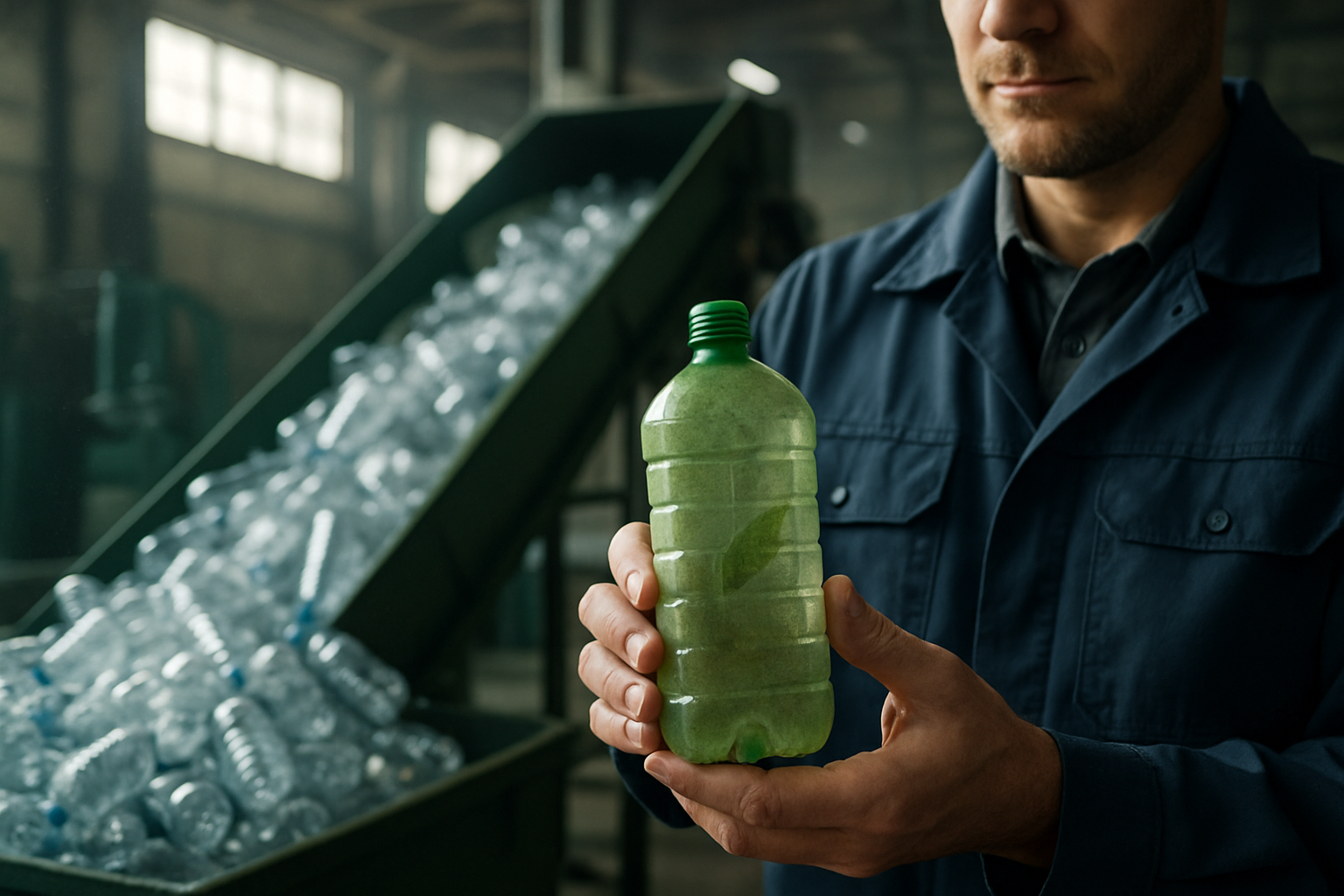Exploring How Commercial Waste Operators Support Green Transitions
Commercial waste companies are playing an increasingly influential role in how societies handle resources. By managing the rubbish produced by offices, factories, shops, and construction sites, they sit at the crossroads of regulation, technology, and everyday business decisions that shape environmental outcomes.

Around the world, businesses generate vast amounts of rubbish every day, from packaging and food scraps to construction debris and industrial by-products. Commercial waste companies step in to handle this flow of materials, ensuring it is collected, treated, and disposed of in line with regulations. As governments and organisations push for greener economies, these operators are becoming essential partners in reducing environmental impacts and supporting more sustainable ways of working.
What are commercial waste companies?
Commercial waste companies are organisations that specialise in handling rubbish produced by businesses and institutions rather than private households. Their clients include offices, shops, restaurants, factories, hospitals, schools, and construction firms. Unlike municipal services that focus on residential collections, commercial providers design tailored solutions to match the type, volume, and frequency of waste produced by each client.
Their services usually begin with collection, using bins, skips, or compactors suited to different materials such as general rubbish, recyclables, food waste, or hazardous substances. After collection, waste is transported to facilities where it can be sorted, recycled, composted, treated, or, if necessary, sent to landfill or incineration. Many companies also offer waste audits, reporting, and training so that clients can understand what they are throwing away and how to reduce it.
Understanding commercial waste companies and their impact
The impact of commercial waste companies extends far beyond simply removing rubbish from business premises. Because they manage large volumes of material, they influence how much ends up in landfills, how many resources are recovered, and how much greenhouse gas is released. When these operators invest in better sorting technology, more efficient routes, or new recycling partnerships, the environmental benefits can scale across entire cities or regions.
They also shape behaviour within client organisations. Clear segregation systems, well-labelled containers, and regular feedback on recycling rates can encourage employees to separate materials correctly. Data collected from weighbridges, tracking systems, and reporting tools helps businesses understand their environmental footprint and set realistic reduction targets. In many cases, this information feeds into corporate sustainability reports, climate strategies, and environmental certifications.
Beyond environmental effects, commercial waste companies affect health and safety conditions in workplaces and communities. Proper handling of hazardous materials, secure destruction of sensitive documents, and control of odours and pests help maintain cleaner and safer environments. Efficient operations can also reduce vehicle movements and noise in busy urban areas, contributing to better quality of life.
The role of commercial waste companies in sustainability
Commercial waste operators play a direct role in green transitions by enabling materials to stay in use for longer and by helping businesses consume fewer resources. Many companies now prioritise recycling streams for paper, cardboard, plastics, metals, and glass, investing in sorting lines and partnerships with recyclers. Some support organics recycling by collecting food and garden waste for composting or anaerobic digestion, which can produce soil improvers and biogas.
In parallel, these operators assist clients in reducing waste at the source. Through audits and consultation, they can identify where materials are over-ordered, poorly stored, or unnecessarily thrown away. For example, better inventory management can cut food waste in catering operations, while reusable containers can replace single-use packaging in logistics and retail. By focusing on prevention as well as disposal, commercial waste companies align their services with circular economy principles.
Innovation is another way commercial waste companies contribute to sustainability. Route-optimisation software and telematics can lower fuel use and emissions from collection vehicles. Sensors in bins help schedule pickups based on real fill levels rather than fixed timetables, avoiding unnecessary journeys. Some operators explore waste-to-energy projects where residual, non-recyclable materials are turned into electricity or heat under strict environmental controls, reducing reliance on fossil fuels while minimising landfill.
As regulations tighten and public expectations rise, cooperation between businesses, governments, and commercial waste companies becomes increasingly important. Clear rules, transparent reporting, and fair pricing models help ensure services remain reliable and environmentally responsible. In many regions, partnerships between private operators and public authorities are central to achieving recycling targets, cutting greenhouse gas emissions, and supporting green jobs.
Ultimately, the work of commercial waste operators is closely linked to wider transitions toward low-carbon, resource-efficient economies. By connecting practical waste handling with data, technology, and advisory services, they help organisations shift from a disposal mindset to one focused on prevention, recovery, and long-term stewardship of resources. Their evolving role illustrates how everyday operational services can quietly, but significantly, support global sustainability goals.




